Dental Implant Surgery on S Wayside Dr, Houston, 77023
When you lose teeth, it can be hard to talk and chew properly, and you might feel embarrassed about your smile. When you lose a tooth, dental implants are a good way to replace it because they give strong support for crowns, bridges, and dentures. Find out how the Unity Dental Care team can make your smile better with dental implants…
Benefits Of Dental Implants

Stability & Function
Dental implants are put into your jawbone with surgery to make sure restorations stay really steady. These titanium posts act like artificial roots, so you can eat and talk like normal.
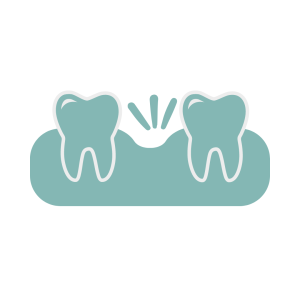
Protect Your Health

Prevent Jaw Atrophy
Titanium dental implants work like natural tooth roots. They keep your jawbone strong and stop it from shrinking after losing a tooth. No other treatment does this.

Protect Remaining Teeth

Long-Lasting Results
These devices, made of titanium, can last for many years if you brush, floss, and see the dentist regularly. Your restorations might need changing, but your implants can stay for a lifetime. |
See The Process Of Placing A Dental Implant Surgery
First, a small hole is made in the jawbone. Then, the device is put in and left for four to six months to merge with the bone. After that, a connector piece called an abutment is attached to the top of the device. Finally, the replacement tooth is put onto the abutment.
Is Losing Teeth A Common Problem?
Other Conditions Dental Implants Can Address
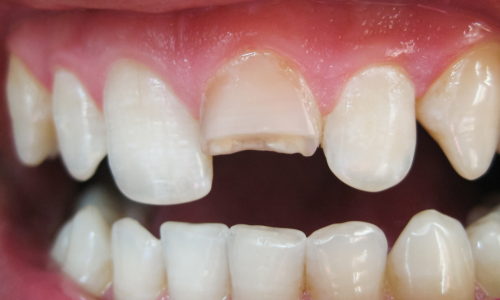
Trauma
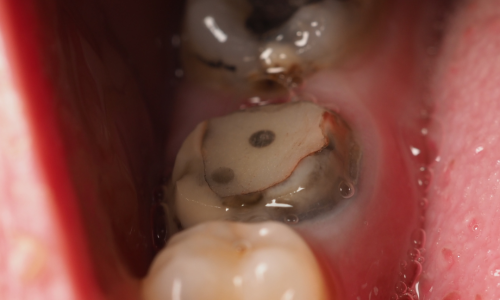
Infection Or Decay
If a tooth is very damaged from decay or infection, our dentist can use implants to replace it and make your smile healthy again.
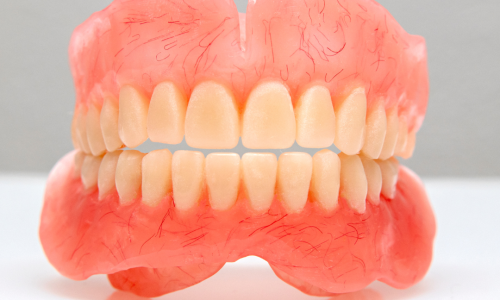
Uncomfortable Dentures
Regular dentures might move when you eat or talk. But an implant-supported denture stays put, giving you the stability and confidence you want.
Candidacy Factors

Jawbone Density
Because dental implants need strong bones to hold onto, you must have enough jawbone. If needed, we can do bone grafting to make sure you can get implants.

Smoking
Smoking can make it harder for your body to heal and increase the chance of your implants not working. Our dentist advises quitting smoking before your surgery to improve your chances of success.

Periodontal Issues

Health Concerns
Planning Your Procedure

Examination
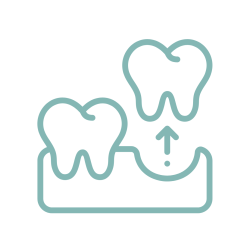
Tooth Extraction
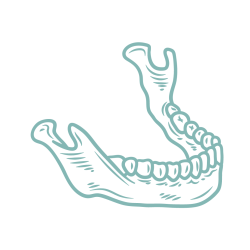
Jawbone Preparation
What Happens During The Treatment
From the initial surgery to having your smile restored
First, a small cut is made in the gum to reach the bone underneath.
The implant is put into the jawbone and then the gums are sewn back together.
Over the next four to six months, the titanium device will attach to your jawbone in a process called osseointegration.
Once your gums are fully healed, we can place your custom restoration.
Tips For Successful Recovery

Eat soft and easy-to-chew foods until your gums heal.

Brush carefully around where the surgery was done.

Do not do any intense physical activities until your dentist says it is okay.
Caring For Dental Implants Is Easy
Implant-supported restorations are looked after like real teeth. Unlike regular dentures that need to be taken out and soaked overnight, you do not need to change your routine with implant-supported ones. Just brush and floss as usual, and keep up with your checkups every six months. If needed, our doctors may suggest special brushes or floss. We will give you clear instructions on how to take care of your implants between visits to our Unity Dental Care Office.
Our dentists can customize the treatment to fit your needs
All-on-4® Implants
The All-on-4® system is for holding a full denture. Unlike regular implants that need two surgeries, All-on-4 implants can be put in and sorted out in one day. In the first surgery, four implants are placed: two in the front of the jaw vertically, and two in the back at angles. Usually, this means you would not need a bone graft. Often, our dentist can attach a permanent denture right after putting in the All-on-4® implants.
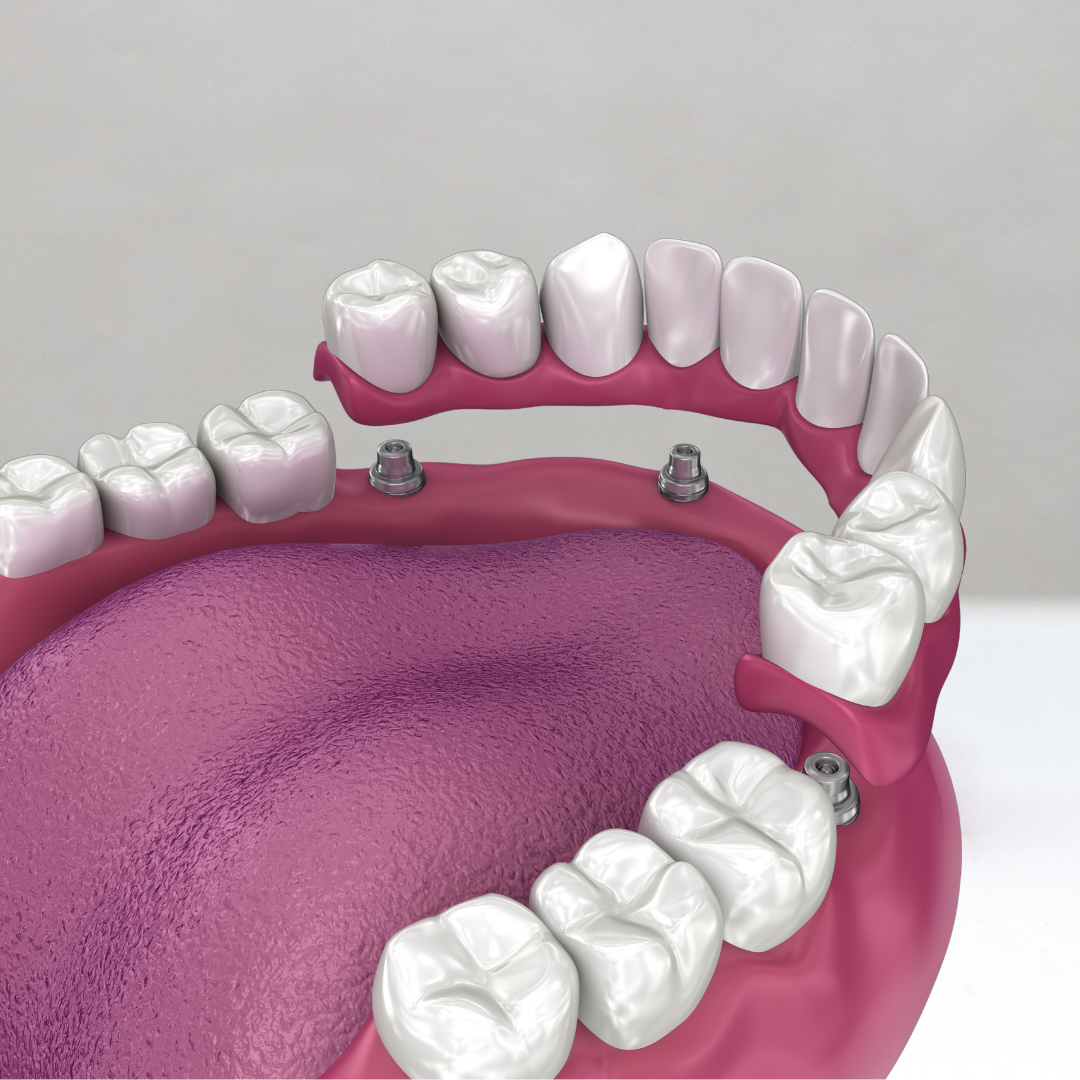
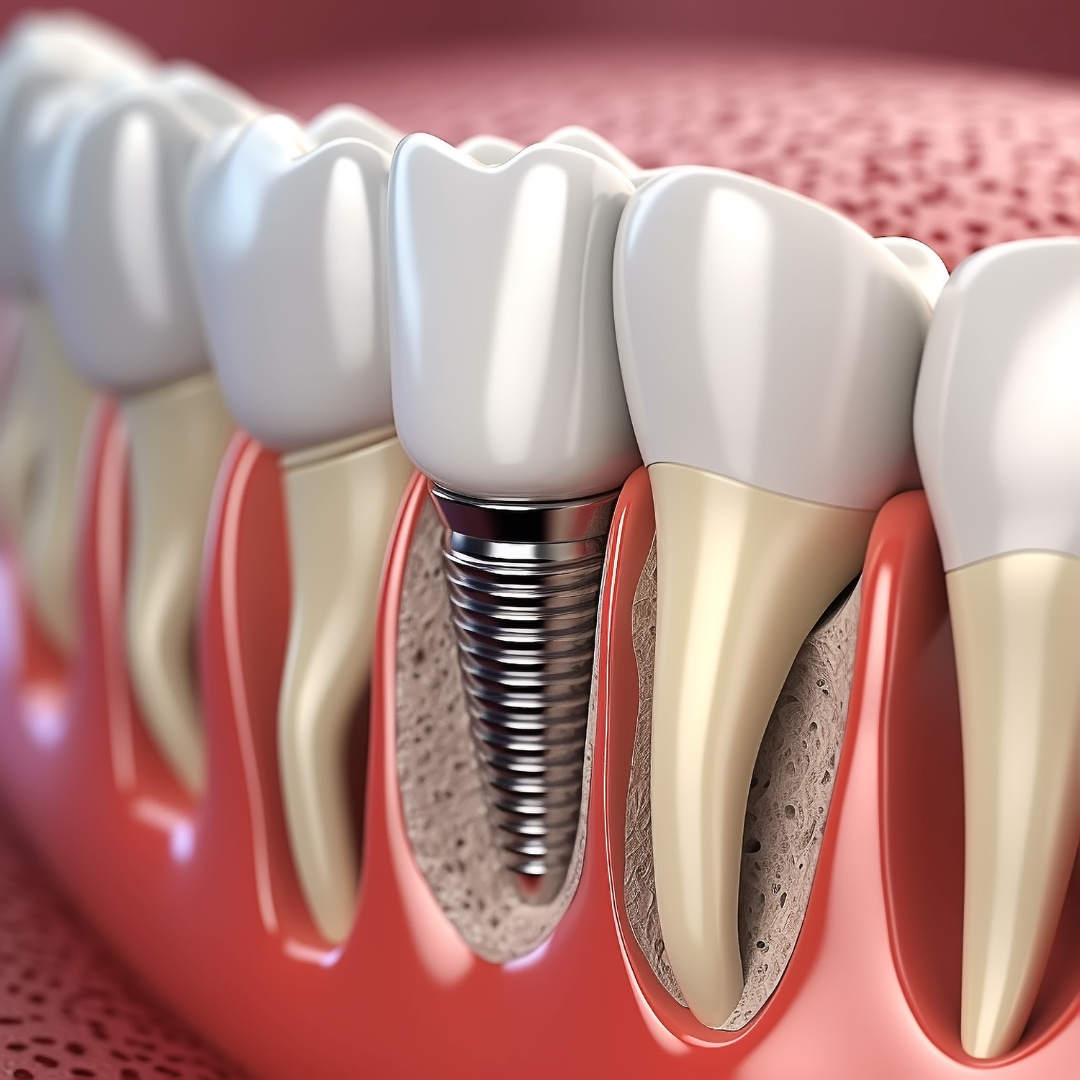
Traditional Implants
Traditional implants have been around for a long time and have helped many people live better lives. If you have enough jawbone and want your teeth to work better and feel more comfortable, traditional implants can be a great option. If needed, we can do a bone graft to make sure your jawbone is strong enough for the implants.
Mini Dental Implants
Mini dental implants are a newer choice for people who can not get regular implants because their jawbone is not strong enough. They are smaller, so they do not affect the surrounding bone as much, and you usually do not need other procedures before getting them.
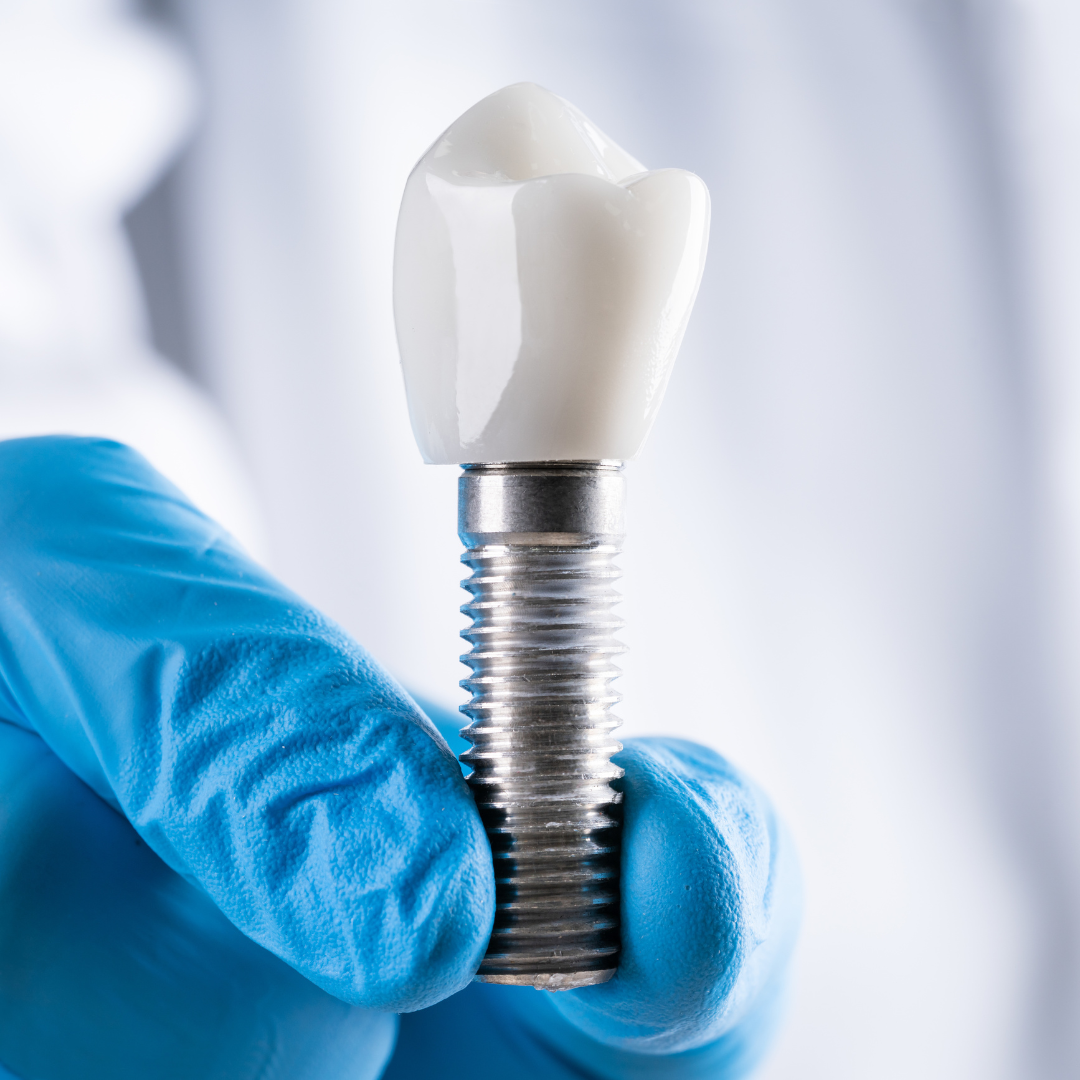
An advantageous substitute for traditional implants
Mini implants are like smaller versions of regular dental implants. They have a ball on top that fits into a rubber O-ring, making them sit comfortably on your gums. Since the ball is part of the post, you do not need a separate procedure for abutments.
Mini implants can support crowns, bridges, and dentures, giving you back your full smile and ability to chew. Whether you can get mini implants depends on how many you need and the condition of your jawbone. At Unity Dental Care, we will use advanced tests to find out which implants are best for you.
Mini Dental Implant Candidates

Have Suffered Some Bone Atrophy
People who are good candidates for mini implants often have lost bone in their jaws because a tooth has been missing for a long time, or due to conditions like osteoporosis.
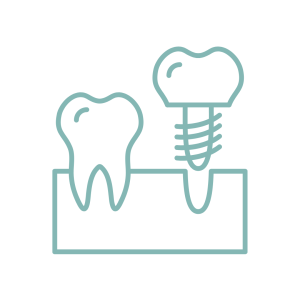
Need To Replace A Single Anterior Tooth
If you are missing a front tooth that shows when you smile, getting a single mini dental implant with a crown could be a good solution.

Want To Avoid Extensive Treatment
If you were told you need a graft for a regular implant but want to avoid more surgery, mini implants could be a good choice for you.
